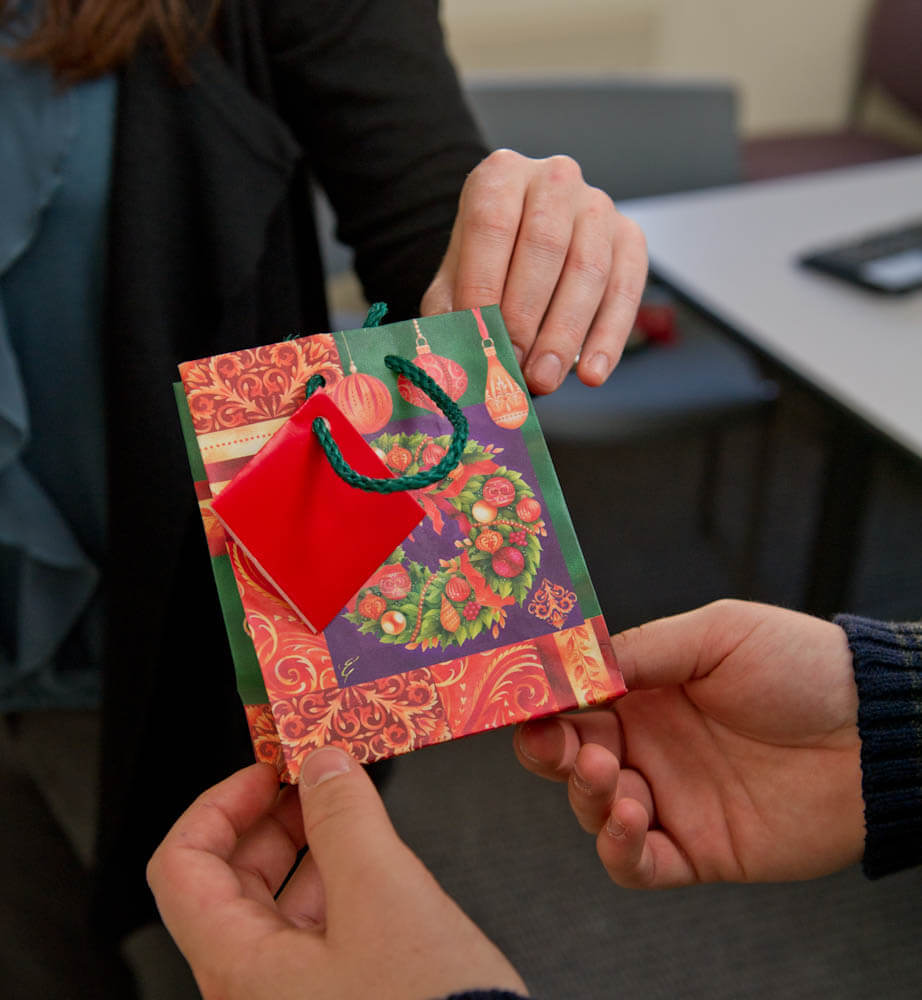The holidays are a time for celebrating with family and friends, but the season can bring challenges for cancer patients and those who have recently completed treatment. The stresses of cancer may leave them feeling out of touch or overburdened with traditional holiday responsibilities. If someone you know is in, or has recently completed, treatment for cancer, consider these tips for helping during the holidays.
Let the patient take the lead
Some people will want to celebrate the holiday season as they always have, but others may want to step back and be less festive. Even if treatment is over, your loved one may not feel up to taking on all of his or her usual holiday responsibilities. Don’t pressure yourself or your loved one to maintain old traditions. Instead, ask them what they’d prefer to do, and follow their lead.
Celebrate the holidays, but keep it loose
Discuss the holiday schedule in advance to help your loved one find a balance between having time alone and celebrating with friends and family. When you host activities, make it clear it’s okay to say no or cancel with short notice if they don’t feel up to coming.
Lend a hand
Volunteering to do specific tasks can help any time of year, especially for people who are in active treatment. Ask if you can shovel the sidewalk, decorate the house, or shop for groceries. Let your loved one decide what he or she would like to do, then help with other tasks. (For more tips on how to help, visit Dana-Farber’s caregiver web pages and read the How to Create a Caregiving Plan PDF booklet.)

Focus on the person, not their cancer
When writing holiday cards, aim for sentiments that remind the patient why they’re needed and loved. When shopping, try to find gifts that reflect him or her as a person, not a patient.
Know when to ask for help
No matter what the season, reach out for assistance if you feel that you or your loved one needs support. At Dana-Farber, some resources to consider include support groups, getting guidance from a social worker, or simply talking with your loved one’s health care team. If your loved one has completed treatment, he or she may benefit from a meeting with the Adult Survivorship Program.
Remember, there’s no right or wrong way to celebrate the holidays. Whether you follow old traditions or make new ones, focus on keeping the season inclusive and positive. Make it a time to recharge, renew friendships, and celebrate your time together.
